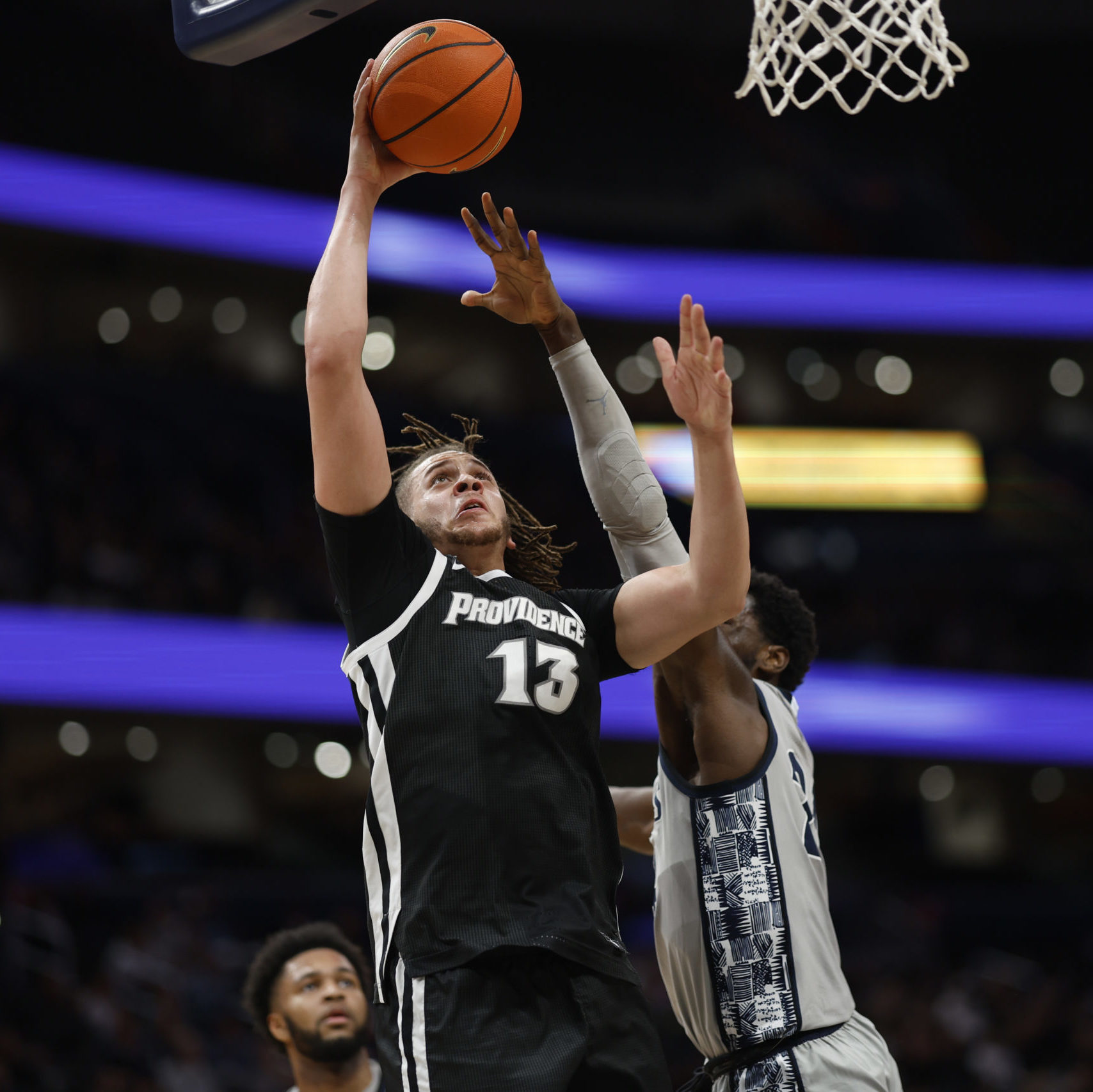The following article appears in the Convention 2019 edition of NABC Time-Out Magazine. To view the entire Convention 2019 issue, click here.
College basketball, and particularly its summer recruiting calendar, has undergone significant changes over the last year as a result of sweeping reform efforts. How did we reach this point? And what changes are coming in 2019? Here are some answers to the most frequently asked questions:
What spurred change?
In response to the federal investigation into basketball recruiting fraud that was announced in September 2017, the NCAA established the independent Commission on College Basketball to study potential reforms. One of the Commission’s primary areas of focus became how to address harmful outside influences on high school recruits and college student-athletes. Several of the Commission’s recommendations related to recruiting and were formally adopted by the NCAA last August.
Who was responsible for enacting these changes?
The NCAA established eight working groups after the Commission on College Basketball outlined its recommended reforms. One of those groups, the Non-Scholastic Basketball Working Group, was charged with implementing the Commission’s recommendations that address event certification, youth basketball and recruiting. Proposals from the working groups were then approved by the NCAA Board of Governors and Division I Board of Directors.
What was the NABC’s role?
The NABC formed the Ad Hoc Committee on Men’s College Basketball following the announcement of the federal investigation. That collection of coaches from all levels of Division I presented a series of recommendations to the Commission in early 2018. NABC Executive Director Jim Haney and several members of the NABC Board of Directors also met in person with the Commission, offering additional coaching perspectives. Haney and select Division I head coaches also held positions on the NCAA working groups. And the Commission included longtime coaches Mike Montgomery and John Thompson III, who is also a member of the NABC board.
How has the April recruiting calendar changed?
Four additional days have been added to allow coaches to evaluate and contact prospects immediately after the April non-scholastic evaluation period. In 2019, these additional days will be April 29-May 2.
What events will coaches be allowed to attend in June?
Three new evaluation periods have been added. College coaches will be permitted to evaluate at the National Basketball Players Association Top 100 Camp June 13-14 (the evaluation period will end at 2 p.m. on June 14). Then, on the last two weekends of the month (June 21-23 and June 28-30 in 2019, Friday, 6 p.m. – Sunday, 4 p.m.), coaches will be allowed to evaluate at scholastic events approved by the NCAA, the National Federation of State High School Associations, or a two-year college athletics governing body (i.e. NJCAA, CCCAA, NWAC). Several state high school associations and the two-year college athletics associations have already expressed intentions to operate team or showcase-style events during these periods. Specific certification details are in the process of being finalized. All approved June events will be made available to NCAA coaches well in advance so they can plan their recruiting schedules.
Where will these June scholastic events be held?
The scholastic events must occur at an educational institution, such as a middle school, high school, two-year college or four-year college, other than an NCAA Division I institution.
How will this impact June team camps?
To ensure the success of the new events for both coaches and participants, NCAA coaches are encouraged not to conduct their institutional boys’ basketball camps on days that conflict with either the June scholastic events or the July NCAA youth development camps so that they can attend those events.
What changes are coming to July?
The new July recruiting calendar will include two evaluation periods. The first (July 11-14 in 2019) will be for NCAA-certified, non-scholastic events. The second will provide an additional evaluation period at the new NCAA youth development camps (July 23-28 in 2019).
Does this mean the end of NCAA-certified non-scholastic events?
No. College coaches can still attend NCAA-certified non-scholastic events as long as they take place during the four-day, non-scholastic evaluation periods – either April 26-28 or July 11-14 in 2019.
What are the NCAA youth development camps?
The NCAA will host four regional camps designed to help prospects develop their skills and prepare for college both as a student and an athlete. Each camp will consist of two three-day sessions (July 23-25 and July 26-28 in 2019). Together, the camps will invite up to 2,400 of the top rising seniors, juniors and select sophomores, and college coaches will be invited to attend for evaluation purposes. Prospects must be registered with the NCAA’s Eligibility Center to be nominated. The 2019 camps will be held at the University of Houston, University of Illinois, University of Connecticut and Grand Canyon University.
What role will the NABC play at the NCAA youth development camps?
The NABC will collaborate with the NCAA to assemble a roster of qualified coaches who will teach at the camps. The NABC will also work with the NCAA and other key basketball organizations to develop a camp curriculum that provides both evaluation opportunities for coaches as well as educational and development opportunities for prospects.
How can I become a member of the camp coaching staffs?
NCAA youth development camp participants will be coached by a collection of non-Division I college, professional and high school coaches. The NABC in the coming months will distribute detailed information on how its members can apply for camp positions.
Will these changes be re-evaluated after the first year?
The leaders of college sports acknowledge that significant change has occurred in a limited time. As such, the NCAA will thoroughly evaluate its new policies and procedures annually and make modifications when deemed necessary. The NABC Board of Directors and Ad Hoc Committee on Men’s College Basketball will also provide the NCAA with regular feedback on these changes.



